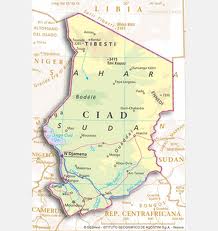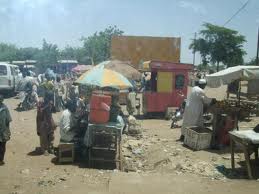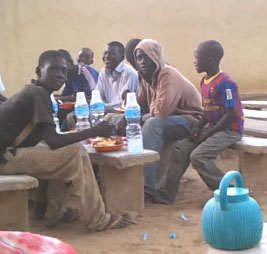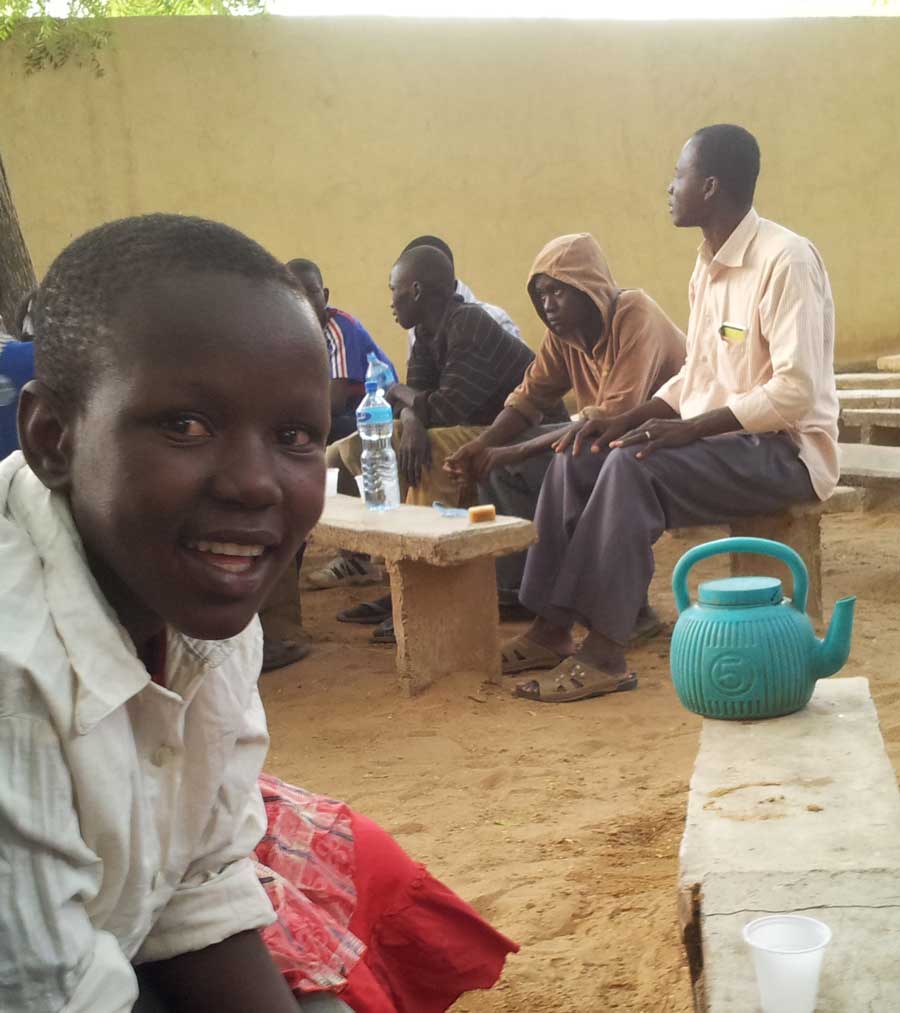
Chad (the Republic of Chad) is one of those countries between the desert and the green highlands of Central Africa. Its territory, always a crossroads of different worlds, has its own charm but it is also the scene of the tragedy of drought and war. Many national languages, Arabic and French mix together like the colours of its inhabitants (about one million , but the figures are approximate, the civil registry services do not help) in N'Djamena, the capital. The population grows in a chaotic way: the Christian and Muslim neighbourhoods alternate along the big arterial roads, and then many poor people, victims of famine and widespread violence.

The Community of Sant'Egidio has taken care of street children living around the market of Dembé, a peripheral area of the capital, since January 2013. At night, they take refuge in the wooded area to escape the dangers of the road, and in the morning they come out and scatter in the city.
The friends of Sant'Egidio in N'Djamena say: “The first stage of their wanderings is the market. We meet them there, of different ages. They are among the first guests to Christmas dinner and the great festivals with the Community.

But now this friendship is enriched with a weekly appointment on Saturday: we have to look for them in the wooded area in the early morning, between 6 and 7 am, before they scatter in the streets of the city. We take to eat a plate of rice with tomato sauce, pasta, a hot drink (tea or milk), and when we succeed even potatoes, minced meat and fruit juices”.
And so, little by little, the regularity of the meetings has conquered these children and adolescents hardened by street life: faithfulness opens the heart to the desire to confide their stories and the gratitude for the affection and protection of their older friends (Sometimes, several high school students have helped in this service on the street for only one year).
Some are orphans, others have moved away from home due to family difficulties, but also due to poverty looking for something to eat. They are often victims of prejudice and superstitions or of issues of internal interest to families.
There are those who simply get lost because the houses are very fragile and the family may suddenly move to another neighbourhood.

They stop at the crossroads, on the roadside, sometimes they do not even have the strength to look for food. Even a minor illness, a fall, can become a tragedy: wounds become infected immediately with the dust and the heat, without any water to wash. They would need care and protection, like all children, and yet people pass by, sometimes even insulting them and attacking them for no reason, just because they are dirty. They must defend themselves and hide: at night the darkness of the forest is more reassuring than the road. But from this year on, it is less scary to go out on Saturday morning, there are friends who wait, who protect and soothe life affectionately.
|

